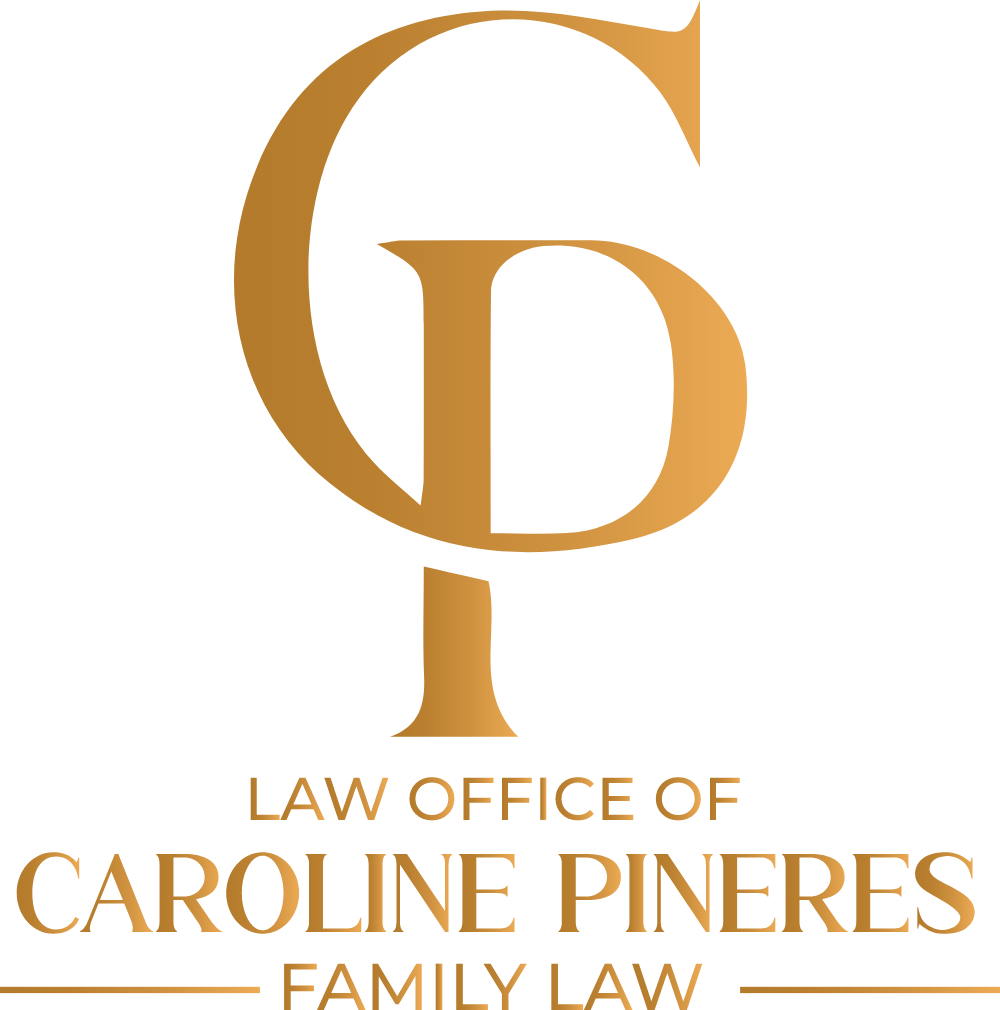You have doubts about a Family case and you don’t know how to resolve it. Here you find the best legal advice in Family Law in Atlanta, Georgia.
What are the requirements for filing for divorce in Atlanta, Georgia?
To file for divorce in Atlanta, Georgia, the following requirements must be met:
- At least one spouse must have been a resident of the state of Georgia for at least six months before filing for divorce.
- Have a valid legal reason for divorce. In Georgia, divorce is allowed both by mutual consent (no-fault) and for specific reasons (fault).
- File a divorce petition with the competent local court.
- Notify the non-petitioning spouse of the filing of the divorce petition. This can be done through an official notification process or by mutual consent.
How is child custody determined in an Atlanta divorce case?
In Atlanta, custody determination is based on the “best interests of the child.” Courts will consider factors such as the relationship with each parent, the ability to provide a stable and safe environment, and the willingness to promote a positive relationship with the other parent.
What factors are taken into account when calculating child support in Atlanta, Georgia?
Child support is determined by taking into consideration factors such as the income of both parents, the needs of the child, and expenses related to raising children, such as education and medical care.
What is spousal support and under what circumstances is it awarded?
Spousal support, also known as alimony, is financial support given to a spouse after divorce. In Atlanta, it is awarded in situations where one spouse can demonstrate the need for financial support and the other has the ability to provide it.
What steps must be taken to modify a custody order in Atlanta?
To modify a custody order in Atlanta, a petition must be filed with the court that issued the original order. It is necessary to provide solid evidence that demonstrates a significant change in circumstances that justifies the modification and that this modification is in the best interest of the child.
